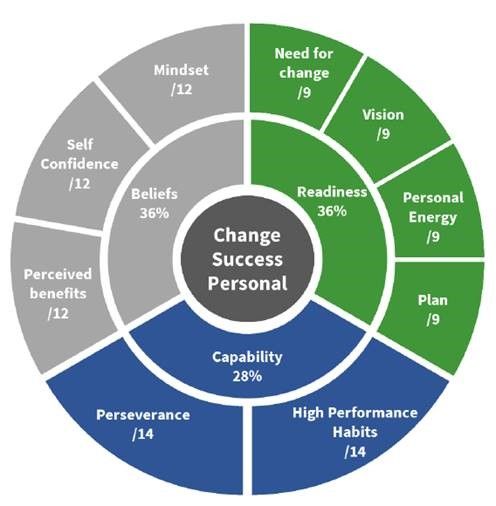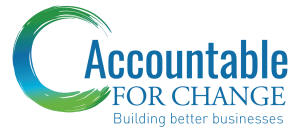 Inc. recently published an article about Google for Startups and its attention on founders. They list 7 essential founder traits which, after reading the research, I believe apply to leaders and managers in any role. For example, “Our data suggests the most effective founders are not nearly as confident as the least effective founders are,” Google says. “This observation aligns with what is known as the Dunning-Kruger effect, where overconfidence at the start of the journey helps founders get started, but discouragement and self-doubt set in soon after. That in turn can give you the inner challenge to reach further.” The word that stands out to me is CONFIDENCE which is developed through personal change.
Inc. recently published an article about Google for Startups and its attention on founders. They list 7 essential founder traits which, after reading the research, I believe apply to leaders and managers in any role. For example, “Our data suggests the most effective founders are not nearly as confident as the least effective founders are,” Google says. “This observation aligns with what is known as the Dunning-Kruger effect, where overconfidence at the start of the journey helps founders get started, but discouragement and self-doubt set in soon after. That in turn can give you the inner challenge to reach further.” The word that stands out to me is CONFIDENCE which is developed through personal change.
Change is a constant in our life, and one we cannot avoid. The need for personal change is a desire that comes from within. No one can force it on you.
My 3rd quarter plan is 80% complete and there is one more step that is necessary for its success. Do I believe in my plan? Are the strategies and actions mine or were they suggested to me by a coach or supervisor? Will my plan be a success? Each of these questions reflect on my personal involvement (commitment) to the plan.
As a coach, I have a coach too. Either way, I have a choice in terms of the amount of effort I put forth to complete my plan. The outcome reflects my initiative, self-confidence, and willingness to see my plan through to the end. It’s part of my personal brand.
Many of us are particularly good at creating plans. Yet, sometimes it is simply smoke and mirrors. Through trial and error, we get better at planning. There is a part of us that knows whether our plan is realistic or not. I like to increase my chances of success by pinpointing the “not easily recognized gaps.” I am a big believer in diagnostics and assessments when taken with the right mindset. I am looking for data points that keep me honest. There is nothing to be gained by fooling myself.
The last step for me when reflecting on the quality of my plan is to measure how successful my plan will be from a personal standpoint and my level of:
- Readiness
- Capability
- Beliefs
I calculate my personal change potential percentage (an ideal success score being a minimum of 78%) and which of the 9 factors has the biggest “not easily recognized gaps” between where I am NOW and the maximum WHERE score. This guides the implementation of strategies to boost my potential for personal change success by closing the gap between NOW and WHERE.
If you have completed a plan for the upcoming quarter, what is your personal change potential?
